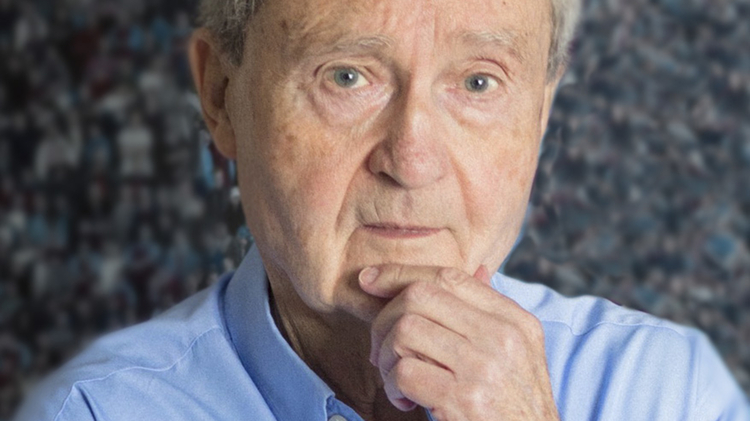
Please note: This event took place in Oct 2016
Tony Garnett is responsible for some of the most memorable television to appear on our screens.
Up the Junction, Cathy Come Home (screening Sun 30 Oct at 15:30) and This Life, amongst many others, were landmark dramas which changed the way television was made and, in some cases, changed society.
Garnett, now 80, tells for the first time how he became one of the most influential figures in television, and reveals the family tragedies that shaped his remarkable body of work. He presents an evocative portrait of working class life in Birmingham in the forties and fifties and of Leftist London in the swinging sixties and seventies, and a wry look at the harsh realities of working in British television and in Hollywood.
There’s much to discuss too about families and communities, social mobility and the contemporary state of TV.
Speaker Biography:
Tony Garnett has had a prestigious and varied career as an actor, script editor, screenwriter, director and producer. He appeared in The Boys and a wide selection of TV dramas, including Z Cars, and from 1964 to 1969 he worked on The Wednesday Play and produced many films for television, including Cathy Come Home. He continued his collaboration with Ken Loach with The Big Flame, After A Lifetime, Family Life, Days of Hope and The Price of Coal. He produced, wrote and directed Prostitute in 1979 and Handgun in 1981. Working in Hollywood in the eighties, he produced work as varied as Earth Girls are Easy, the Sesame Street film Follow that Bird and Fat Man and Little Boy, starring Paul Newman and directed by Roland Joffe. In 1990 he returned to the UK, bringing to the screen many films and drama series, including Ballykissangel, Between the Lines and This Life. Follow him on Twitter @TonyTGarnett
Presented in partnership with Bristol Festival of Ideas.
Image Credit: Helen Warner